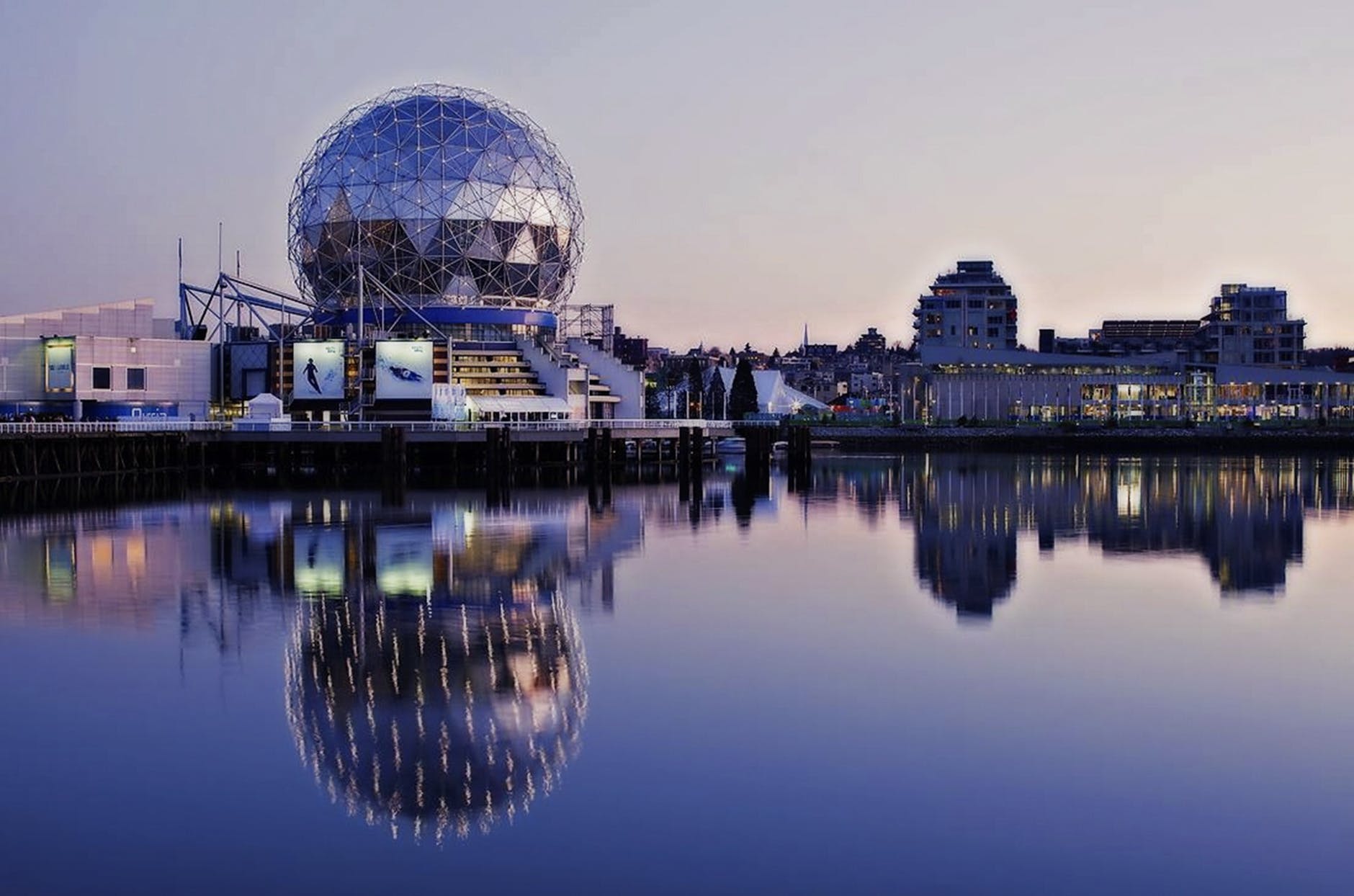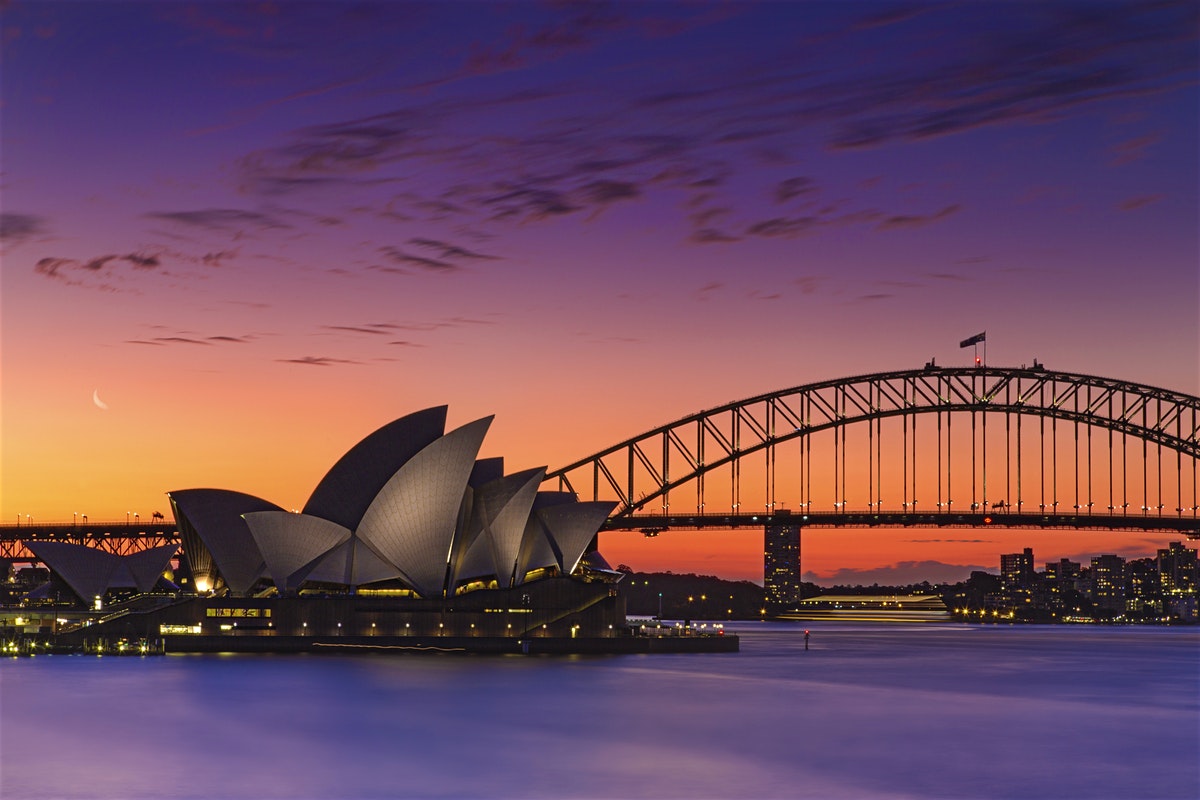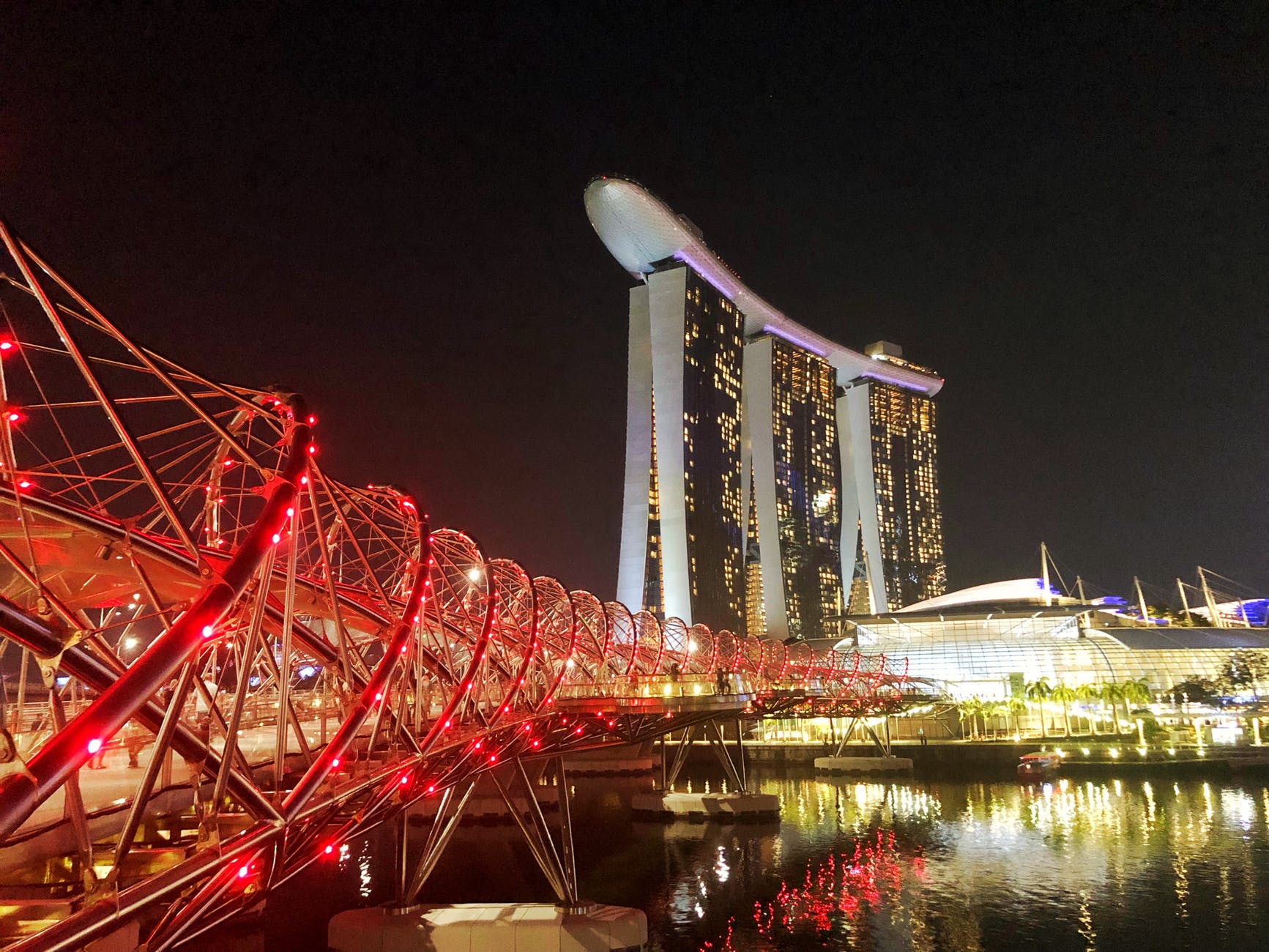Cities are chameleonic; their fortunes ebb and flow with the tide of history. Those etched in legend are the ones that have plugged successfully into the zeitgeist of the times and thrown up something culture-defining. Consider Caesar's Rome, Moorish Granada, Gaudi's Barcelona, or Haussmann's Paris.
But what about our contemporary cities? Which of the current crop of 21st-century metropolises will our children`s children be talking about in 100 years as the most symbolic of our age? Here are three possible contenders.
Vancouver
 Founded inauspiciously in a pub, Vancouver has come a long way since loquacious English bartender "Gassy: Jack Deighton floated ashore atop a beer barrel in 1867. But, in a settlement younger than most people`s great-grandparents, the notion of Parisian-style opera houses and ruined Coliseums is as foreign as penguins in the arctic. Instead, Vancouver is a city that looks towards the future. What it lacks in storybook history, it makes up for in vision and foresight.
Founded inauspiciously in a pub, Vancouver has come a long way since loquacious English bartender "Gassy: Jack Deighton floated ashore atop a beer barrel in 1867. But, in a settlement younger than most people`s great-grandparents, the notion of Parisian-style opera houses and ruined Coliseums is as foreign as penguins in the arctic. Instead, Vancouver is a city that looks towards the future. What it lacks in storybook history, it makes up for in vision and foresight.
Conceived from a blank canvas (the area was thick rainforest until the 1880s), the city, like Haussmann`s Paris before it, has put aesthetics at the centre of its urban experiment. It remains the only metro-area in North America without ugly concrete freeways running through its central core; while its salubrious green spaces - most notably Stanley Park - express an unusual alchemy between man and the natural environment.
Yet, perhaps the most understated of Vancouver`s city-of-the-moment credentials is its underlying inclusiveness. Patriotic Londoners might brag effusively about the cosmopolitanism of the British capital, but the stomping ground of Dickens and Conan-Doyle is a wholly English creation rooted in its past. Vancouver, on the other hand, does not belong to anyone. Go back two generations and everyone here is an immigrant. The notion of race is a non-issue in a metropolis that has become a microcosm of an increasingly globalized world.
No place is without its critics. Vancouver`s naysayers claim its superficial beauty hides a less enticing blandness. But, just as Rome was not built in a day, modern metropolises need time to develop and fine-tune their personalities. With an expo and a Winter Olympics already under its belt, Vancouver has successfully negotiated its first baby steps. A burgeoning culinary reputation and some charismatic neighbourhoods suggest the best is yet to come.
Sydney
 Like Vancouver, Sydney had humble beginnings, growing out of a one-time penal colony on the shores of Botany Bay. The two settlements share many other traits, not least their stunning ocean-side settings. But, while Vancouver`s amalgam of sleek glass-sheeted skyscrapers has created a visually-striking whole, Sydney has gone one further and defined itself with an emblematic building: the windjammer-like opera house, a Coliseum for the 21st century which, since its inauguration in 1973, has become an instantly recognizable global symbol.
Like Vancouver, Sydney had humble beginnings, growing out of a one-time penal colony on the shores of Botany Bay. The two settlements share many other traits, not least their stunning ocean-side settings. But, while Vancouver`s amalgam of sleek glass-sheeted skyscrapers has created a visually-striking whole, Sydney has gone one further and defined itself with an emblematic building: the windjammer-like opera house, a Coliseum for the 21st century which, since its inauguration in 1973, has become an instantly recognizable global symbol.
If Vancouver remains a metaphoric "tweenager", Sydney, founded in 1788, has entered late adolescence, young enough not to rest on its laurels, but sufficiently mature to have spawned a nascent cultural tradition. The "Sydney Push" was a loose intellectual group founded in the 1940s that went on to inspire writers such as Clive James and Thomas Keneally.
Sensing a growing refinement, Sydney`s plaudits are growing. Travel writer, Jan Morris once derided the city for its coarseness, but by the 1990s she had done a volte-face, hailing it as "one of the great cities of the world". The legend laying continues. In 2000 Sydney hosted the Summer Olympics, and in 2007 the opera house was designated a Unesco world heritage site at the callow age of 34.
Singapore
Take a former British colony in Southeast Asia; fill it with Chinese, Malay, and Tamil immigrants; endow it with one of the world`s great hybrid cuisines; and then grant it political independence.
 Situated like a modern Greek city-state on Malaysia`s southern tip, Singapore epitomises all the hallmarks of a slick forward-thinking city: a prime Pacific Rim location, an eclectic melting pot of different cultures, unrivalled economic clout and a public transport system that makes driving a car seem almost redundant.
Situated like a modern Greek city-state on Malaysia`s southern tip, Singapore epitomises all the hallmarks of a slick forward-thinking city: a prime Pacific Rim location, an eclectic melting pot of different cultures, unrivalled economic clout and a public transport system that makes driving a car seem almost redundant.
Although its politics are only quasi-democratic, and its history is notably weightier than that of Vancouver or Sydney, Singapore is 99% about the present. It is often described as the most globalized city on the planet (42% of the population are foreign-born) with a top ten quality-of-life index, and the world`s fastest growing economy.
Ever keen to shed its sometimes antiseptic image, Singapore`s Urban Rejuvenation Authority, formed in 1974, has thrown itself enthusiastically into a process of constant rejuvenation, promoting racial harmony, adding subtle cultural layers, and encouraging tourism. Unburdened by the shackles of the past, the city is embroiled in the push to become one of the early 21st century`s most emblematic and memorable cities. It is a fight it could easily win.
By Brendan Sainsbury, Lonely Planet